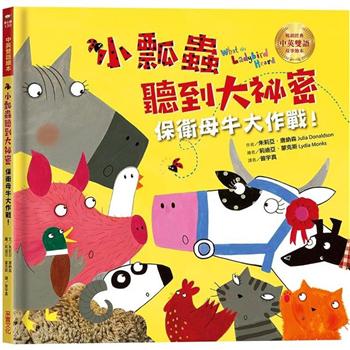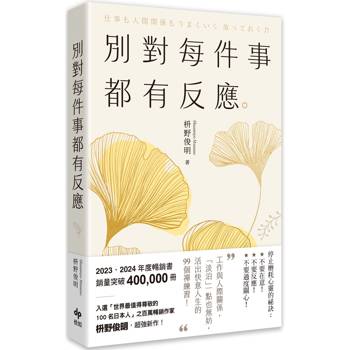A biography of Native Son’s Bigger Thomas that examines his continued relevance in debates over Black men and the violence of racism
Bigger Thomas, the central figure in Richard Wright’s novel Native Son (1940), eludes easy categorization. A violent and troubled character who rejects the rules of society, Bigger is both victim and perpetrator, damaged by racism and segregation on the South Side of Chicago, seemingly raping and killing without regrets. His story has electrified readers for more than eight decades, and it continues to galvanize debates around representation, respectability, social justice, and racism in American life. In this book, distinguished scholar Trudier Harris examines the literary life of Bigger Thomas from his birth to the current day. Harris explores the debates between Black critics and Communist artists in the 1930s and 1940s over the "political novel," the censorship of Native Son by white publishers, and the work’s initial reception--as well as interpretations from Black feminists and Black Power activists in the decades that followed, up to the novel’s resonance with the Black Lives Matter movement today. Bigger, Harris argues, represents the knotted heart of American racism, damning and unsettling, and still very much with us.| FindBook |
有 1 項符合
Bigger: A Literary Life的圖書 |
 |
Bigger: A Literary Life 作者:Harris 出版社:Yale University Press 出版日期:2024-06-18 語言:英文 規格:精裝 / 192頁 / 普通級/ 初版 |
| 圖書館借閱 |
| 國家圖書館 | 全國圖書書目資訊網 | 國立公共資訊圖書館 | 電子書服務平台 | MetaCat 跨館整合查詢 |
| 臺北市立圖書館 | 新北市立圖書館 | 基隆市公共圖書館 | 桃園市立圖書館 | 新竹縣公共圖書館 |
| 苗栗縣立圖書館 | 臺中市立圖書館 | 彰化縣公共圖書館 | 南投縣文化局 | 雲林縣公共圖書館 |
| 嘉義縣圖書館 | 臺南市立圖書館 | 高雄市立圖書館 | 屏東縣公共圖書館 | 宜蘭縣公共圖書館 |
| 花蓮縣文化局 | 臺東縣文化處 |
|
|
圖書介紹 - 資料來源:博客來 評分:
圖書名稱:Bigger: A Literary Life
內容簡介
作者簡介
Trudier Harris is J. Carlyle Sitterson Distinguished Professor of English, emerita, University of North Carolina, Chapel Hill, and University Distinguished Research Professor of English, emerita, University of Alabama. She is the author of numerous books, including From Mammies to Militants: Domestics in Black American Literature and The Scary Mason-Dixon Line: African American Writers and the South. She lives in Tuscaloosa, AL.
|









